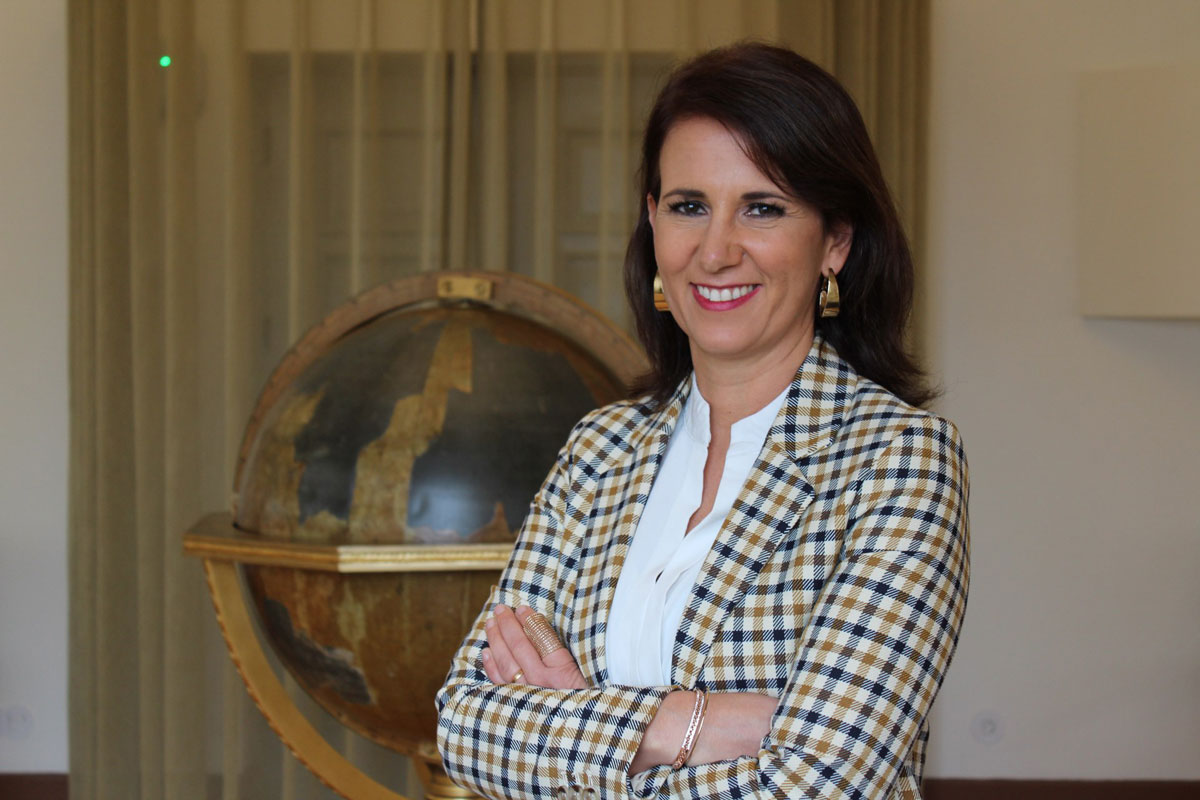A research team, coordinated by Cláudia Seabra, professor at the Faculty of Letters of the University of Coimbra (FLUC) and researcher at the Center for Studies in Geography and Spatial Planning (CEGOT), analyzed the perception of quality of life by residents and tourists, and the impact of the covid-19 pandemic on this perception.
This articulated analysis between those who inhabit and those who visit the cities makes it possible to register differences, similarities, and particularities on both sides – tourists and residents –, as crucial aspects for managing the sustainability of tourist destinations. Among the domains analyzed in this study are community well-being, urban issues, way of life, community pride and awareness, economic strength, and recreational opportunities.
This is one of the first bets on measuring the concept of “Perception of Quality of Life” which, as a rule, «has been used only to make isolated readings of the perceptions of tourists or residents», highlights Cláudia Seabra. Despite this trend, the researcher considers that «it is very important to analyze both perceptions and interactions between tourists and residents, due to the social impacts of the tourism industry». This means that «tourist destinations need to assess the perception of the quality of life of residents and tourists to improve the experience and satisfaction rates of both parties and, thus, balance the relationship between tourists and residents», he explains. On the other hand, «no study published to date has evaluated the impact of covid-19 on the Perception of Quality of Life. It is important to understand whether tourists and residents have changed their perceptions after the pandemic», adds the professor at the UC Faculty of Arts.
Coimbra was the case study for this scientific work, which took place between 2019 and 2021 (before and during the pandemic), with people aged between 18 and 42 years old. In total, 751 residents and 605 tourists were surveyed. Regarding the choice of studying the Y and Z generations, the specialist clarifies that «these generations represent the future of the tourist markets, both on the demand and supply side, which means that, in order to foresee the sustainability of the Tourism industry, it is crucial analyze the habits and behaviors of these generations, which will influence the following generations». «These were the generations most impacted by the pandemic, namely in their social dynamics», concludes Cláudia Seabra.
The results indicated that, despite the pandemic, residents and tourists have a high “Perception of Quality of Life”. However, the parameter “Urban Issues” was the one that obtained a lower level of evaluation, by residents, but also by tourists. Cláudia Seabra underlines that «this is an important result that should be analyzed by local authorities, considering that both for residents and tourists, “prevention of crowding and congestion” and “traffic control” are crucial aspects». «The old problems related to traffic were overemphasized during the pandemic, as well as the prevention of crowding and congestion, contributing to a large extent to this negative impact», she highlights.
On the opposite side, with the highest evaluation, was the domain “Pride and Awareness of the Community”, «to be considered a very positive aspect for the younger generations, a result that may be related to the fact that Portugal is a destination that welcomes people of different nationalities and cultures, and Coimbra, in particular, being a university city where students from all over the world bring different cultures and traditions, contributing to a more cosmopolitan environment», explains the UC researcher. Also highly rated was the “Way of Life” domain, which increased during the pandemic, which reveals that “social relationships and the tourism industry were increasingly valued during the pandemic period, both for tourists and residents”, he explains. the specialist.
«A surprising result», emphasizes Cláudia Seabra, took place in the analysis of the “Economic Strength” domain, «in which only tourists attest to the existence of stores and restaurants belonging to residents, as well as fair prices of goods and services, something that was even more criticized by residents who were more aware of high prices and the disappearance of businesses during the pandemic period».
In the last parameter analyzed, “Recreation Opportunities”, the teacher elucidates «that it had a higher classification during the pandemic, showing that tourists and residents attributed more value to the aspects “Variety of festivals, fairs, and museums” and “Variety of sports practice to practice and watch” because, during the pandemic, young people valued these aspects more».
«This study is innovative in that, for the first time, it was possible to compare the Perception of Quality of Life between residents and tourists of the younger generations and it was possible to understand the impact of the pandemic on that perception. The results prove that the pandemic has changed the way we look at our perception of well-being and quality of life globally. We need to look at the Tourism industry from this symbiotic perspective between tourists and local communities. Knowing what residents feel is fundamental to thinking about more sustainable tourism at an economic, social, and even cultural level», concludes the researcher.
The scientific article “Quality-of-Life Perception among Young Residents and Visitors: The Impact of COVID-19” also had the participation of Sofia Almeida and Manuel Reis. It is published in the scientific journal Sustainability.
Follow us on Facebook, Twitter, Instagram, Youtube, and TikTok and see the exclusive content for social networks.





